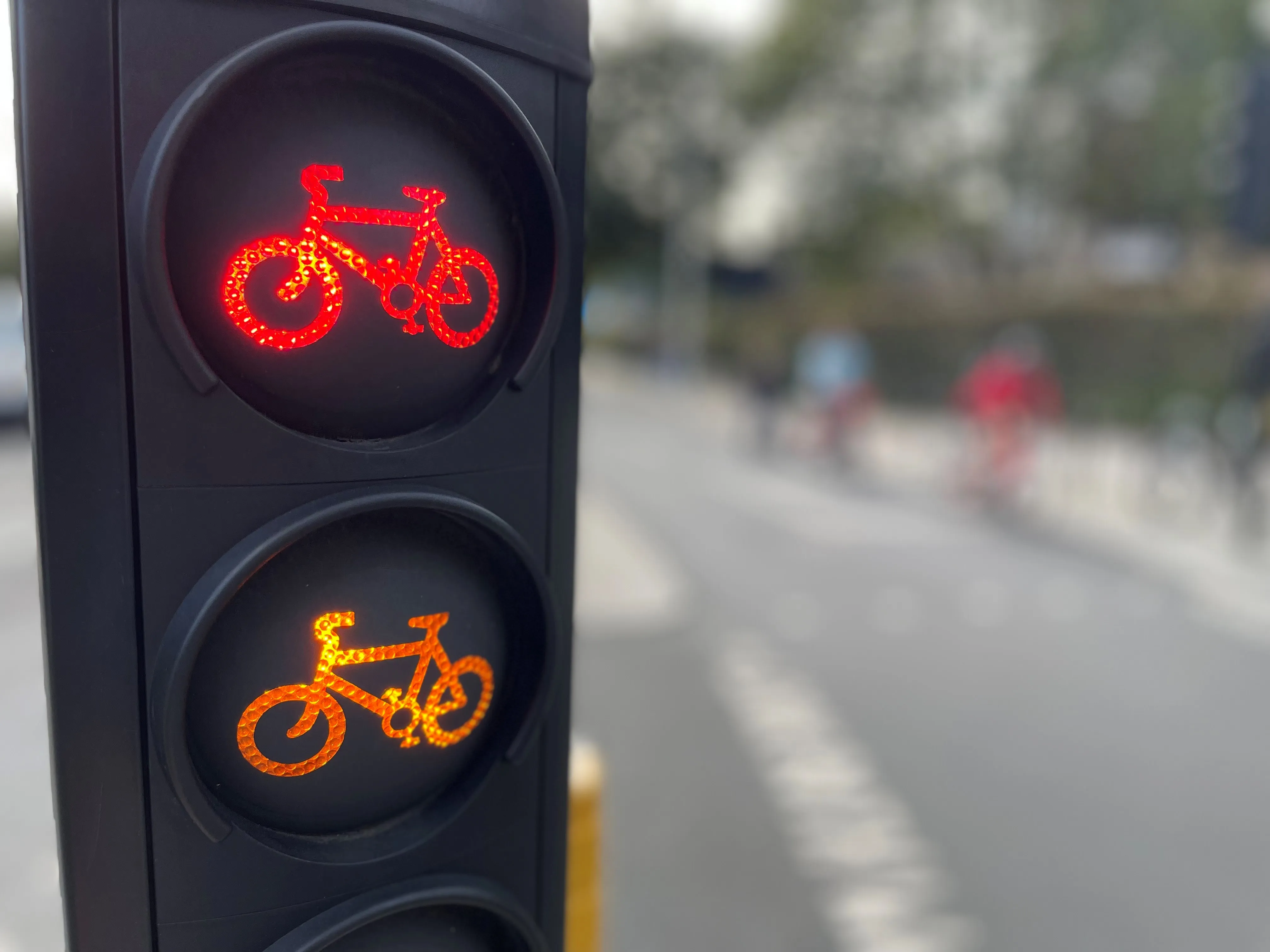The Mayor of London and Transport for London (TfL) have published the capital's first Motorcycle Safety Action Plan designed to directly reduce the number of collisions involving motorcyclists and scooter riders.
One of TfL’s top priorities is to reduce by 40 per cent the number of people killed or seriously injured (KSI) on London’s roads by 2020. Recently, the Mayor and TfL published six commitments which, working with a range of partners, are guiding a range of work to deliver this. In particular, ac
March 21, 2014
Read time: 3 mins
The Mayor of London and 1466 Transport for London (TfL) have published the capital's first Motorcycle Safety Action Plan designed to directly reduce the number of collisions involving motorcyclists and scooter riders.
One of TfL’s top priorities is to reduce by 40 per cent the number of people killed or seriously injured (KSI) on London’s roads by 2020. Recently, the Mayor and TfL published six commitments which, working with a range of partners, are guiding a range of work to deliver this. In particular, action is being taken to prioritise the safety of the most vulnerable road users: pedestrians, cyclists and motorcyclists.
TfL is redoubling efforts to improve motorcycle safety through its new Motorcycle Safety Action Plan, which was compiled by TfL working with representatives from the motorcycle industry and is based on detailed analysis of the risks and challenges faced by riders in London.
It outlines 29 key actions which will directly target the key factors in collisions, which will help to reduce motorcyclist casualties across London. The actions include: a TfL-funded Metropolitan Police Motorcycle Tasking Team to increase enforcement activity by 40 per cent, which will allow the team to further clamp down on dangerous behaviour such as speeding, careless riding and actions by other road users such as turning across motorcyclists at junctions; better use of offender retraining for motorcyclists as an alternative to prosecutions; promotion of the use of Personal Protection Equipment (PPE) by motorcyclists, which can severely reduce the severity of injuries when involved in a collision.
Monthly high-visibility operations will also take place across London to target motorcycle, as well as cyclists and pedestrian safety. TfL will also carry out on-street trials of new technologies specifically designed to make motorcycling safer, such as innovative headlights which make motorcycles look larger to help reduce right turn collisions.
Other proposals include hard-hitting safety campaigns, a new Motorcycle Courier and Delivery Code and new design guidance for motorcyclists specifically tailored for London’s roads.
TfL has also published a new independent report which provides, for the first time, detailed analysis of fatal motorcycle collisions in London. This research looked at the police investigation reports for all fatal collisions between 2006 and 2009 and showed that most fatal collisions during this period (45 per cent) involved a “loss of control”, with half of these being recorded as exceeding the speed limit. A further 22 per cent involved vehicles turning across the path of the motorcyclist.
One of TfL’s top priorities is to reduce by 40 per cent the number of people killed or seriously injured (KSI) on London’s roads by 2020. Recently, the Mayor and TfL published six commitments which, working with a range of partners, are guiding a range of work to deliver this. In particular, action is being taken to prioritise the safety of the most vulnerable road users: pedestrians, cyclists and motorcyclists.
TfL is redoubling efforts to improve motorcycle safety through its new Motorcycle Safety Action Plan, which was compiled by TfL working with representatives from the motorcycle industry and is based on detailed analysis of the risks and challenges faced by riders in London.
It outlines 29 key actions which will directly target the key factors in collisions, which will help to reduce motorcyclist casualties across London. The actions include: a TfL-funded Metropolitan Police Motorcycle Tasking Team to increase enforcement activity by 40 per cent, which will allow the team to further clamp down on dangerous behaviour such as speeding, careless riding and actions by other road users such as turning across motorcyclists at junctions; better use of offender retraining for motorcyclists as an alternative to prosecutions; promotion of the use of Personal Protection Equipment (PPE) by motorcyclists, which can severely reduce the severity of injuries when involved in a collision.
Monthly high-visibility operations will also take place across London to target motorcycle, as well as cyclists and pedestrian safety. TfL will also carry out on-street trials of new technologies specifically designed to make motorcycling safer, such as innovative headlights which make motorcycles look larger to help reduce right turn collisions.
Other proposals include hard-hitting safety campaigns, a new Motorcycle Courier and Delivery Code and new design guidance for motorcyclists specifically tailored for London’s roads.
TfL has also published a new independent report which provides, for the first time, detailed analysis of fatal motorcycle collisions in London. This research looked at the police investigation reports for all fatal collisions between 2006 and 2009 and showed that most fatal collisions during this period (45 per cent) involved a “loss of control”, with half of these being recorded as exceeding the speed limit. A further 22 per cent involved vehicles turning across the path of the motorcyclist.








